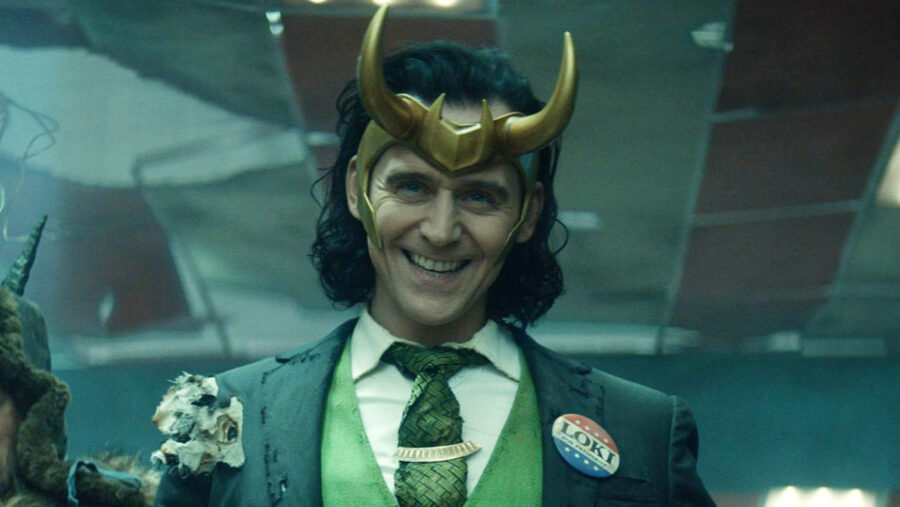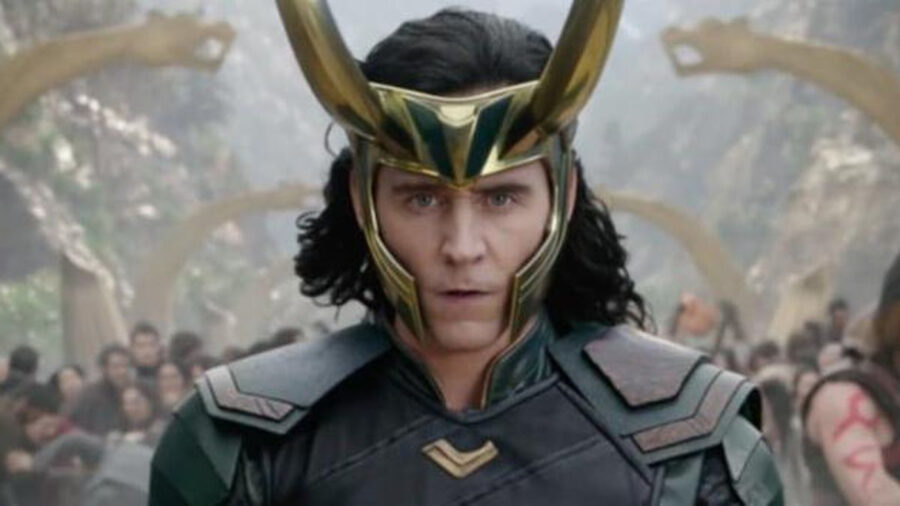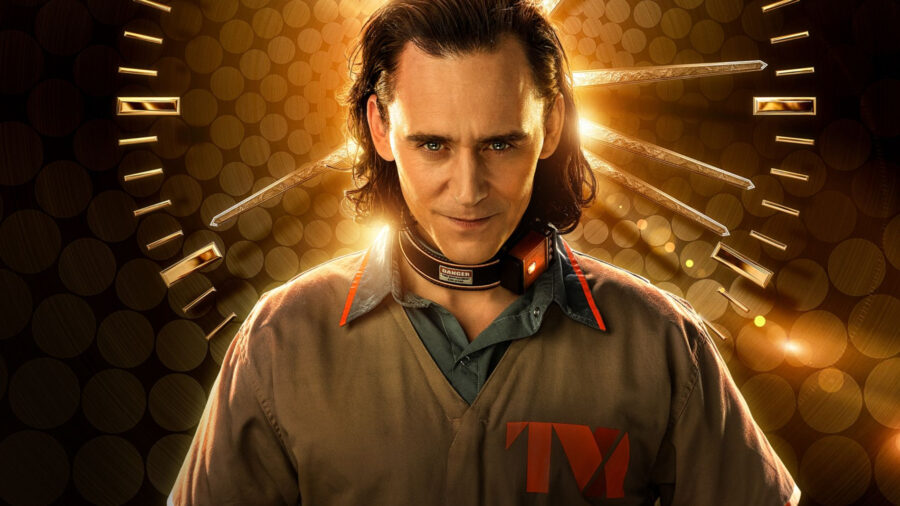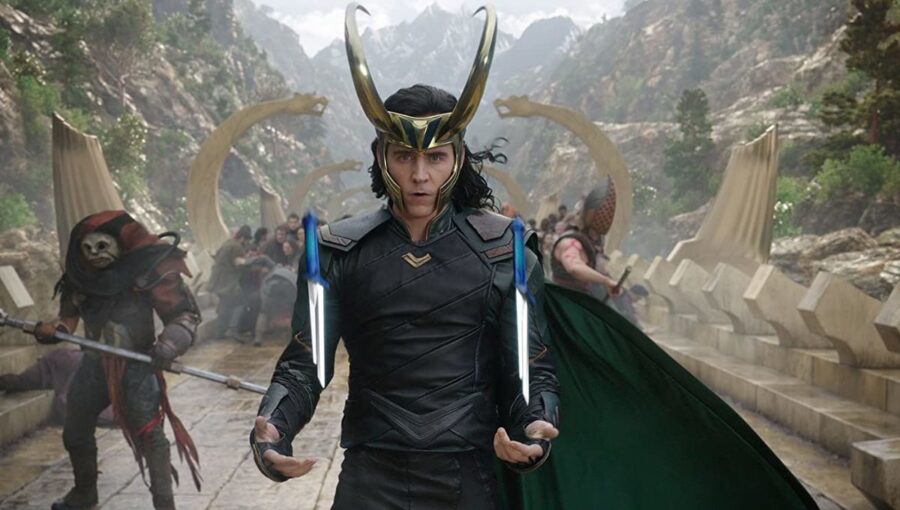Tom Hiddleston On Loki Being Gender Fluid
Tom Hiddleston and some other folks from the show weighed in on the Loki character being gender fluid in the new Disney+ series
This article is more than 2 years old

Comic book fans have known for years that Loki is gender fluid. And now that Marvel has a series starring Tom Hiddleston as the God of Mischief, the studio has found the perfect opportunity to embrace that fact. A lot of folks may think this just a poor attempt at being “woke”, but it’s actually a direct reference to both comic book lore and mythological history.
In a recent interview with Inverse, Tom Hiddleston and head writer Michael Waldron explained why including this element of Loki in the series matters. According to the actor, the breadth and range of identity contained in the character have been emphasized in the show and is something he’s always been aware of since he was first cast 10 years ago.
“It’s always been there in the comics for some time and in the history of the character for hundreds, if not thousands of years,” Tom Hiddleston told the publication. “I know it was important to Kate Herron and Michael Waldron and the whole team. And we were very aware, this is something we felt responsible for.”

Waldron added that the team behind the series “worked really hard” to include Loki’s gender fluidity in the show. Mostly because they know how many people identify with Loki and are eager for that representation, especially with this character. It was an important part of what Tom Hiddleston brought to the character.
The reveal was also made via the official Loki Twitter account. In a post days before Tom Hiddleston premiered his solo series, a promotional post gave folks a quick glimpse at the Time Variance Authority’s file for the trickster. Eagle-eyed fans were quick to notice that instead of the standard “male” or “female” under gender, Loki’s file reads “fluid”.
Although traditionally considered to be male, in the original Norse mythology Loki is best described as gender-fluid and bisexual, something Tom Hiddleston has embraced in the show. According to these stories, there are many instances in which Loki transformed into a female form, sometimes living as a woman for years.
As such, Marvel Comics honored this element of the mythology with various storylines in which Loki transformed into a woman. In a 2008 issue of Thor, the God of Mischief embodies Lady Sif for quite a while after Asgard is destroyed. In another tale, he disguises himself as one of Thor’s handmaidens to steal Mjöllnir. Loki’s fluid identity was also confirmed in a 2014 issue of the Avengers storyline, Original Sin.
So naturally, Loki director Kate Herron thought it was important to recognize the titular character’s gender fluidity in the series, officially making it canon in the Marvel Cinematic Universe too.

“He’s gender-fluid in the Norse mythology and the comics and it felt like an important thing to, as you say, make sure it’s canon,” Herron told Insider in an interview on Tuesday.
Even if it wasn’t overtly explored in previous films, the character’s gender fluidity was developed further at the end of the second episode of Loki, as the evil variant was revealed to be Lady Loki (Sophia Di Martinos). This is also in line with Marvel Studios boss, Kevin Feige’s desire to diversify the Marvel Cinematic Universe.
Starring alongside Tom Hiddleston in Loki are Owen Wilson, Gugu Mbatha-Raw, Wunmi Mosaku, Eugene Cordero, Tara Strong, Sophia Di Martino, and Sasha Lane.

The story begins after Loki steals the Tesseract during the events of Avengers: Endgame, when an alternate version of the trickster is brought to the mysterious Time Variance Authority (TVA). The bureaucratic organization that exists outside of time and space to monitor the timeline gives Loki a choice – face being erased from existence for being a “time variant”, or help fix the timeline and stop a greater threat.
New episodes of Loki are released every Wednesday exclusively on Disney+.











